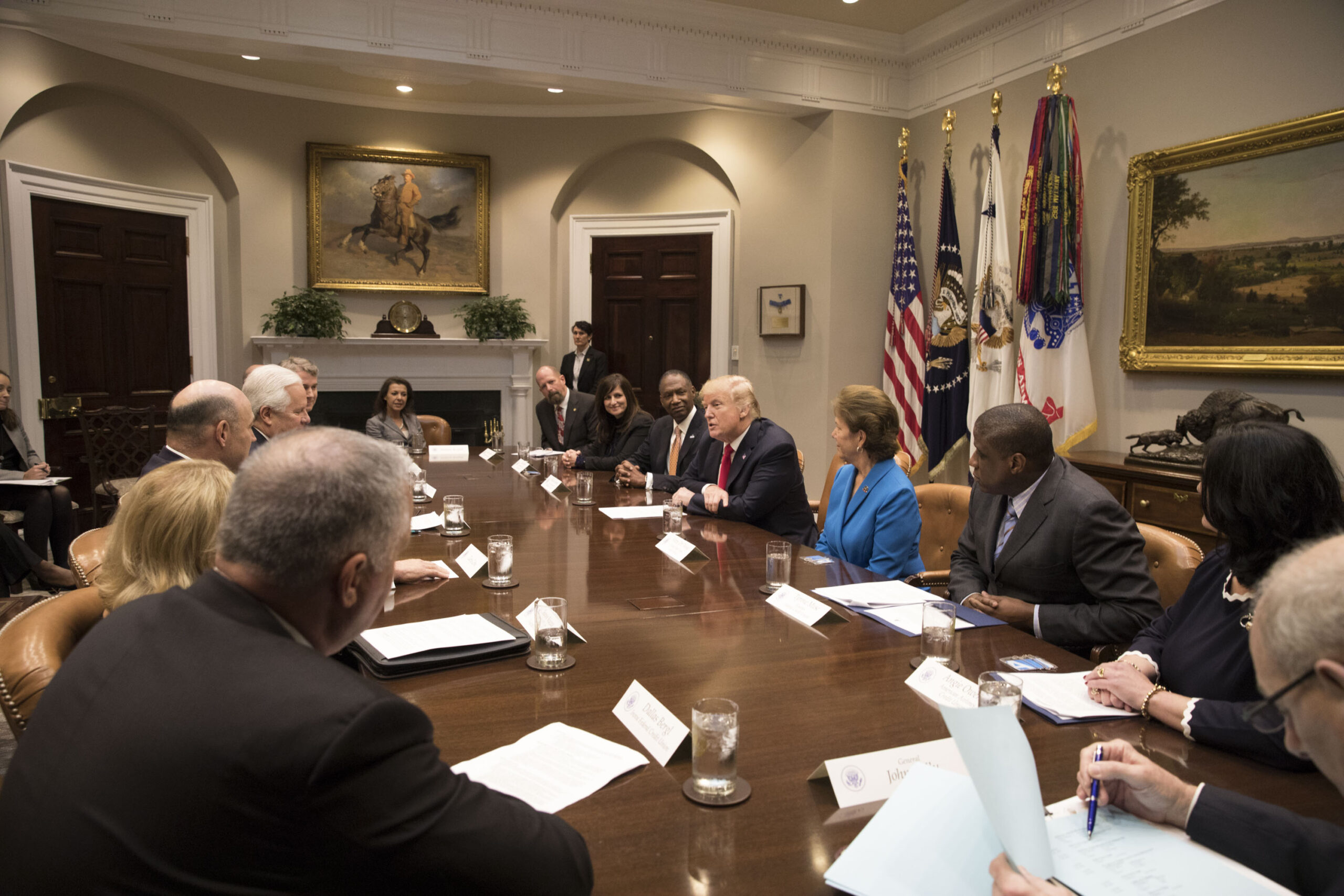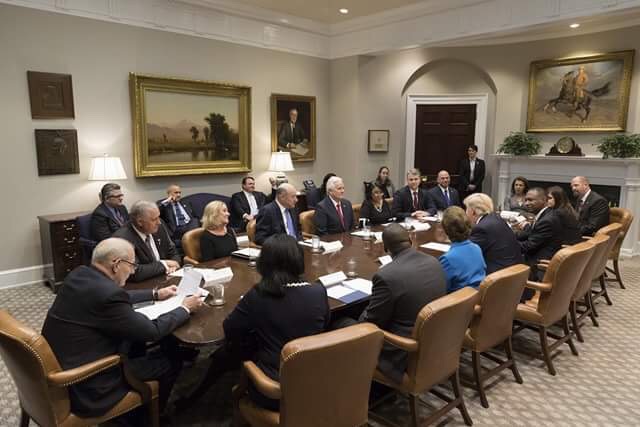There are many more critical topics on voters’ minds in tonight’s debate than how the two candidates view the contributions and financial role of credit unions in the American economy.
Two weeks ago I posted a blog with Vice President Harris’ remarks from an April 2023 Treasury CDFI award announcement:
“When we invest in community lenders, we help build a future where all people—no matter who they are or where they start—have the resources they need not only to succeed but to thrive.
“These grants—representing the largest CDFI grant program in history – will enable hundreds of community lenders to invest in small businesses and entrepreneurs, and also provide home loans for families, financial services for local nonprofits, and capital for community organizations.”
Over $590 million was awarded to 203 credit unions which was 34% of total funding.
I stated if someone had an example of President Trump’s involvement, I would be glad to give equal time. I received a response the same day.
President Trump’s February 2018 Meeting with Credit Unions
The following text and a NAFCU article link are from Richard Harris, the retired CEO of Caltech Employees FCU: Although the attached article is not a formal statement from former President Trump, it however, was perhaps the first time a sitting President engaged directly in person with credit unions. I was honored to represent the group as then Chair of the NAFCU Board of Directors.
In addition to Richard and the Presidents of NAFCU and CUNA, several other CEO’s present included:
Jeanne Kucey ,CEO of JetStream Federal Credit Union); Jim Kenyon, CEO of Whitefish Credit Unionairlines, Tyrone Muse CEO of Visions Federal Credit Union; Angie Owens president of American Federal Credit Union; and Lynette Smith CEO of Washington Gas Light Federal Credit Union.
Cedit Unions and President Trump in the Roosevelt Room of the White House (February 2018).
The NAFCU article outlines several items discussed. Richard’s description of the event: “He started the meeting by going around the table and having each credit union CEO tell who they served in their FOM and a little bit about our credit union.
Who were our members? How were we financially helping our members? We went around the whole table. The President also had Gary Cohn, his economic advisor at the time, and his Chief of Staff, General Kelly, attend the meeting with us. The meeting lasted approximately one hour as I recall.
I was quite impressed with the President’s engagement with us. Regulatory burden was the primary topic of discussion.”
Harris continues: “At the time, deregulation and the perceived overreach of the CFPB were front and center. The Trump Administration was actively seeking support from banks and credit unions to get behind their legislation and advocate to Congress for passing deregulation legislation. “

“This meeting did not take place in conjunction with any other credit union gathering in Washington DC. It was hastily arranged and the participating credit union CEO’s needed to fly to DC with little notice.”
I asked Richard if NCUA came up: “There was no reference or discussion on NCUA or any of his appointees. His interest seemed to be very focused on how he could help the consumer, in this case our members. “
The Importance of Your Vote
At this stage of 2024 election, pundits estimate less than 7% or fewer are undecided about whom to vote for. Many will tune into tonight’s debate to firm up their views for Trump or Vice President Harris.
The two topics cited in the excerpts above are traditional party themes: democrats’ support for investments in community development and republicans’ promise to reduce governmental regulation.
These examples show credit unions have had some visibility with these two candidates in the past. In this very close contest it might even be possible that credit union’s unique purpose earns a shout out from one political team or the other.
Credit union professionals are probably as divided as is the country for whom they support. The critical point is that every vote matters.
Whatever your presidential preference, urge your members to exercise their most important democratic right-their vote.

